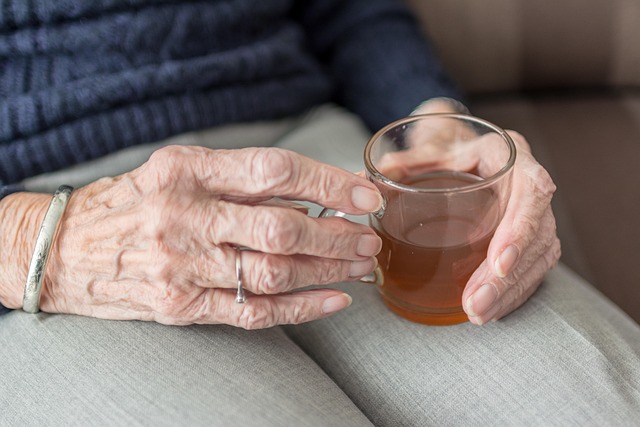Loneliness among the elderly poses significant mental health risks, including anxiety, depression, and cognitive decline. Elderly Companion Services address this issue by providing tailored social interaction, emotional support, daily task assistance, and engaging activities, mitigating loneliness's negative impact on seniors' well-being and enhancing their quality of life. Selecting the right companion services is crucial; look for companions who demonstrate genuine care, align with seniors' needs and preferences, share interests, and offer personalized emotional support to foster meaningful connections and improve mental wellness.
“Elderly loneliness and mental health are pressing issues in today’s society, with elderly companion services emerging as a vital solution. This article explores the profound impact of loneliness on the mental well-being of seniors, highlighting the numerous benefits of professional companionship. We will guide you through the process of choosing the perfect companion, focusing on meaningful connections and personal needs. By understanding these aspects, we aim to empower individuals to enhance their golden years with companionship that truly matters.”
- Understanding the Impact of Loneliness on Elderly Mental Health
- Benefits of Companion Services for Seniors
- Creating Meaningful Connections: How to Choose the Right Companion
Understanding the Impact of Loneliness on Elderly Mental Health

Loneliness among the elderly is a growing concern, often overshadowed by discussions about physical health. However, its impact on mental well-being can be profound. The silencing and isolation experienced by older adults can lead to increased anxiety, depression, and cognitive decline. They may find themselves disconnected from social networks, struggling to navigate technology for communication, or simply lacking the mobility to engage in social activities they once enjoyed. This sense of disconnection is a significant contributor to poor mental health outcomes, including elevated stress levels and a diminished ability to cope with life’s challenges.
Elderly companion services play a vital role in mitigating these effects by providing social interaction and emotional support tailored to the unique needs of older adults. These services offer companionship, assistance with daily tasks, and opportunities for engaging activities, all of which help combat loneliness. By fostering meaningful connections, elderly companion services contribute to improved mental health outcomes, enhancing overall quality of life for seniors who may otherwise face isolation and its detrimental effects.
Benefits of Companion Services for Seniors

Senior companionship offers a multitude of benefits, particularly for the elderly who may be living alone. Elderly Companion Services provide social interaction, which is crucial for combatting feelings of loneliness and isolation—common issues among the aging population. Regular visits from companions can significantly enhance mental well-being, engaging seniors in meaningful conversations, playing games, or simply sharing a cup of tea, thus fostering a sense of belonging and purpose.
These services also encourage physical activity, as companions can assist with light exercises or walks, contributing to improved mobility and overall health. Moreover, elderly companion services offer emotional support, helping to manage stress, anxiety, and depression, which are prevalent in later years. The companionship itself serves as a powerful tool to boost self-esteem and provide comfort, ensuring the elderly feel valued and connected to their community.
Creating Meaningful Connections: How to Choose the Right Companion

Choosing the right elderly companion services is paramount in fostering meaningful connections that positively impact mental well-being. Look for companions who genuinely care and possess empathy, understanding the unique needs and preferences of seniors. A good match goes beyond age-related experiences; it’s about finding someone who shares interests, values, and a genuine desire to connect.
Consider factors like communication style, personality traits, and the companion’s ability to provide emotional support. Services that offer personalized care, allowing for flexibility and adaptability in meeting individual needs, are ideal. Remember, creating meaningful relationships takes time, so be patient when selecting a companion who will enrich your loved one’s life and contribute to their overall mental well-being.
Elderly loneliness is a growing concern, but companion services offer a meaningful solution. By providing social interaction and emotional support, these services can significantly enhance the mental well-being of seniors. Through careful selection based on individual needs and preferences, meaningful connections can be formed, fostering a sense of belonging and improving overall quality of life. Embracing elderly companion services is a vital step in navigating the challenges of an aging population, ensuring that folks receive the companionship they need to thrive.
